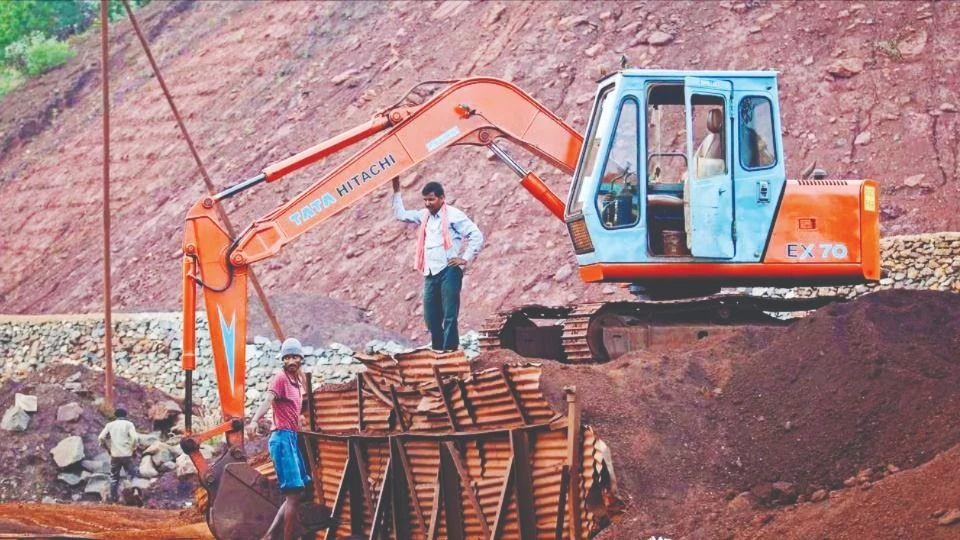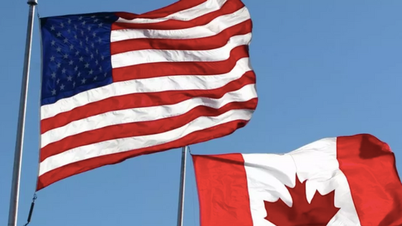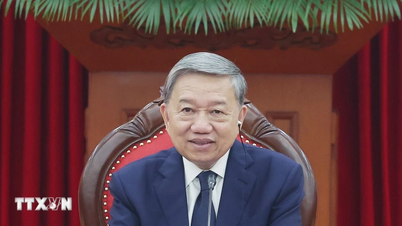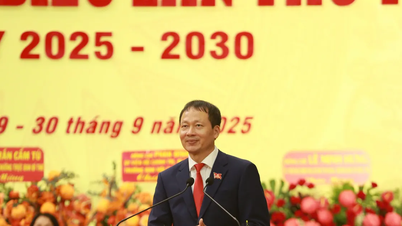The European Union's (EU) plan to impose tariffs on imports with high carbon content could harm developing countries in Asia and is unlikely to lead to significant reductions in greenhouse gas emissions, the Asian Development Bank (ADB) said on February 26.
EU's ambitions
The EU aims to become carbon neutral by 2050. However, the EU fears that its businesses could take advantage of lax standards, known as “carbon leakage”, to move carbon-intensive production abroad, seriously undermining the EU and global climate neutrality ambitions.

To counter this risk, the EU decided to equalize carbon prices between domestic and imported products using the Carbon Border Adjustment Mechanism (CBAM). CBAM imposes a carbon tax on all goods imported into the EU market based on the greenhouse gas emission intensity of the production process in the host country. The EU will pilot CBAM from 1 October 2023 and fully implement it from 2026.
One of the aims of the CBAM is to encourage non-EU economies to adopt stricter climate policies. If exporting countries can demonstrate that a carbon price has been built into their products, the CBAM tax will be reduced.
However, according to the Asian Economic Integration Report (AEIR) 2024 released by ADB on February 26, CBAM is expected to cut Asian exports to the EU, especially from West and Southwest Asia. According to ADB, CBAM has the potential to reduce global carbon emissions by less than 0.2% compared to an emissions trading scheme with a carbon price of 100 EUR (108 USD) per ton and no carbon tax. At the same time, these fees could reduce global exports to the EU by about 0.4% and Asian exports to the EU by about 1.1%, negatively affecting the output of some EU producers.
Recommendations from ADB
While CBAM acts as a tariff on foreign producers, it would also increase the cost of raw materials such as steel and fertilizers for EU producers, possibly even encouraging them to move more production capacity abroad, including to Asia, which would be harmful to the EU itself, the ADB warned.
India and China have both criticized CBAM, saying the EU should not use climate as an excuse for trade protectionism. ADB Chief Economist Albert Park said that the fragmented nature of carbon pricing initiatives across sectors and regions, including CBAM, could only partially curb carbon leakage. He said that to significantly reduce global carbon emissions and ensure more effective and sustainable climate efforts, carbon pricing initiatives should be expanded to regions other than the EU, especially Asia.
ADB also recommends implementing targeted policies to encourage climate-friendly products and services; supporting environmental regulations and standards; facilitating the transfer of green technology; and supporting governments and international organizations in promoting green investment and infrastructure. The AEIR 2024 continues to call for global cooperation to develop widely accepted frameworks to effectively track emissions embedded in products and services.
KHANH MINH compiled
Source


![[Photo] Solemn opening of the 12th Military Party Congress for the 2025-2030 term](https://vphoto.vietnam.vn/thumb/1200x675/vietnam/resource/IMAGE/2025/9/30/2cd383b3130d41a1a4b5ace0d5eb989d)
![[Photo] General Secretary To Lam, Secretary of the Central Military Commission attends the 12th Party Congress of the Army](https://vphoto.vietnam.vn/thumb/1200x675/vietnam/resource/IMAGE/2025/9/30/9b63aaa37ddb472ead84e3870a8ae825)
![[Photo] President Luong Cuong receives President of the Cuban National Assembly Esteban Lazo Hernandez](https://vphoto.vietnam.vn/thumb/1200x675/vietnam/resource/IMAGE/2025/9/30/4d38932911c24f6ea1936252bd5427fa)
![[Photo] The 1st Congress of Phu Tho Provincial Party Committee, term 2025-2030](https://vphoto.vietnam.vn/thumb/1200x675/vietnam/resource/IMAGE/2025/9/30/1507da06216649bba8a1ce6251816820)

![[Photo] Panorama of the cable-stayed bridge, the final bottleneck of the Ben Luc-Long Thanh expressway](https://vphoto.vietnam.vn/thumb/1200x675/vietnam/resource/IMAGE/2025/9/30/391fdf21025541d6b2f092e49a17243f)































































































Comment (0)